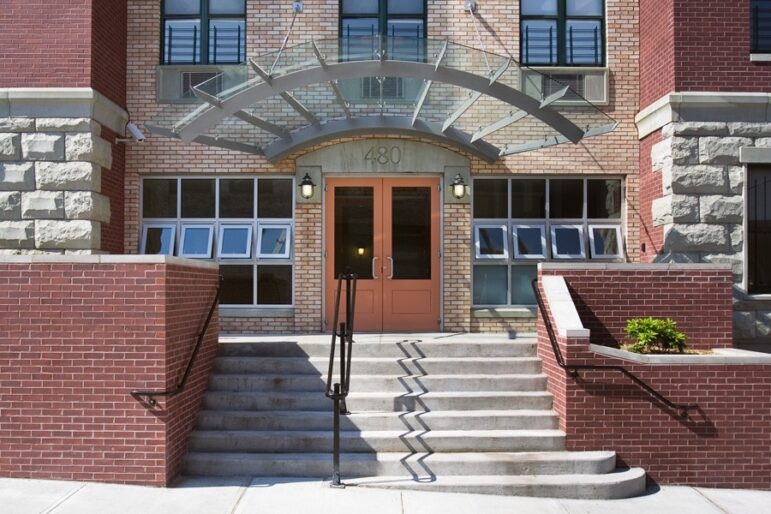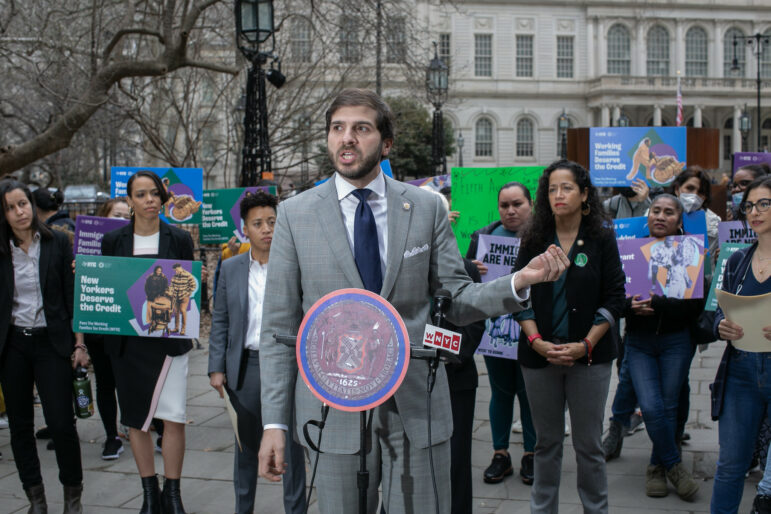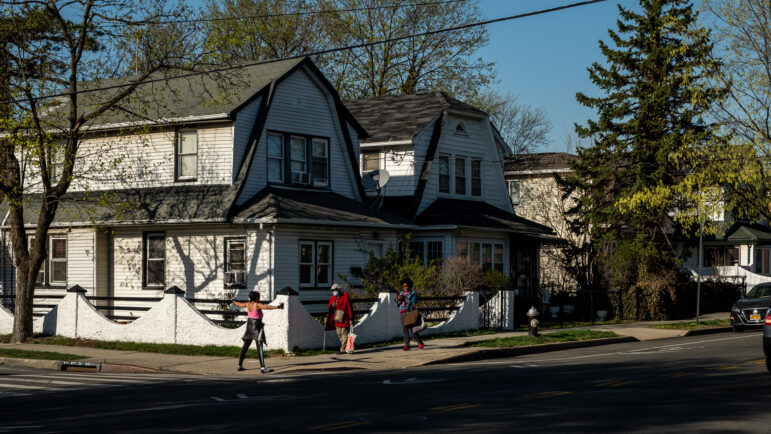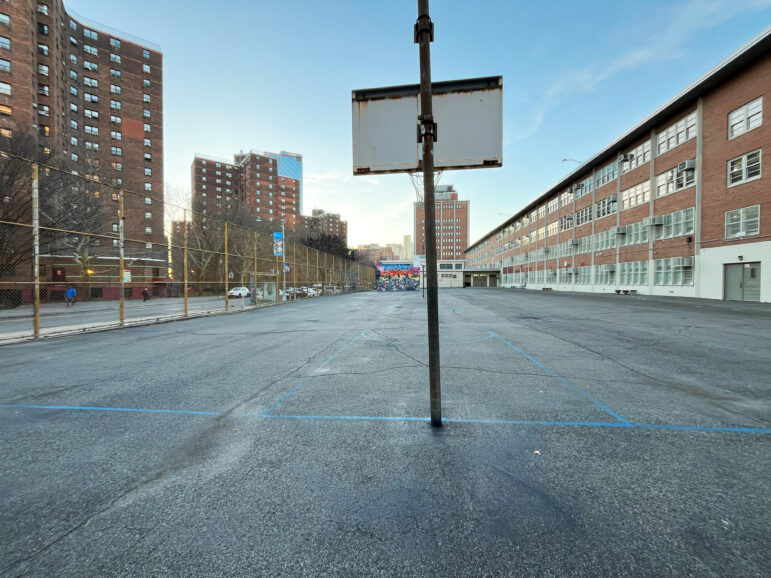For the one out of four New Yorkers who spend more than half their income on rent or mortgage bills, the city’s skyrocketing housing prices are no surprise. But a new report from State Comptroller H. Carl McCall finds that the real estate industry’s recent windfall doesn’t just hurt renters–it is also toxic to employers, businesses and the entire city’s economic prospects.
In “No Room for Growth: Affordable Housing and Economic Development in New York City,” the comptroller’s researchers list enough obnoxious consequences of high-priced housing to fill a $1,400 alcove studio. By doing almost nothing to make housing more affordable for middle-income tenants, they say, New York City is undermining its diverse professional labor force, while driving away companies interested in doing business here.
Although New York has priceless access to global markets and substantial local business opportunities, more than one-third of the employers surveyed reported that hopped-up housing prices made it difficult to recruit and retain employees. More than 78 percent agreed that these costs made it harder for new businesses to start up, and more than 86 percent believed it hurt New York’s ability to attract firms from outside the city.
Meanwhile, the report finds, would-be workers are driven out of town by the affordable housing drought. Subsidy programs like “80-20,” in which developers of luxury buildings set aside 20 percent of their apartments for low-income tenants, provide housing for the high and low ends of the market but don’t help the middle. At the same time, most of the 125,000 low-cost apartments built decades ago under the state Mitchell-Lama program are now poised to go market-rate.
Some corporate recruiters scoff at McCall’s conclusions, insisting that the housing market’s not as prohibitive as it seems. “People seem to perceive that it’s too expensive because they have the illusion they need to live on Park Avenue,” said Stephen Viscosi, president of a company that recruits interior design salespeople. “Why live in one room in Manhattan when you can live in Astoria? It’s really more psychological, really a delusion.”
But others agree with McCall that create are also tough times for getting workers to locate in New York. “I’ve had people who came out here, interviewed, evaluated the situation and decided to stay where they are,” in places like Boston, Utah, Michigan and Denver, said Barbara L. Bartell, who runs a headhunting firm specializing in human resource managers. “The deciding factor was the taxes and the cost of housing.”
The report suggests expanding the city’s New Housing Opportunity Program, which provides a small mortgage subsidy to developers as an incentive to build apartments for moderate-income residents, and the creation of an affordable housing trust fund created with contributions from luxury housing developers.








